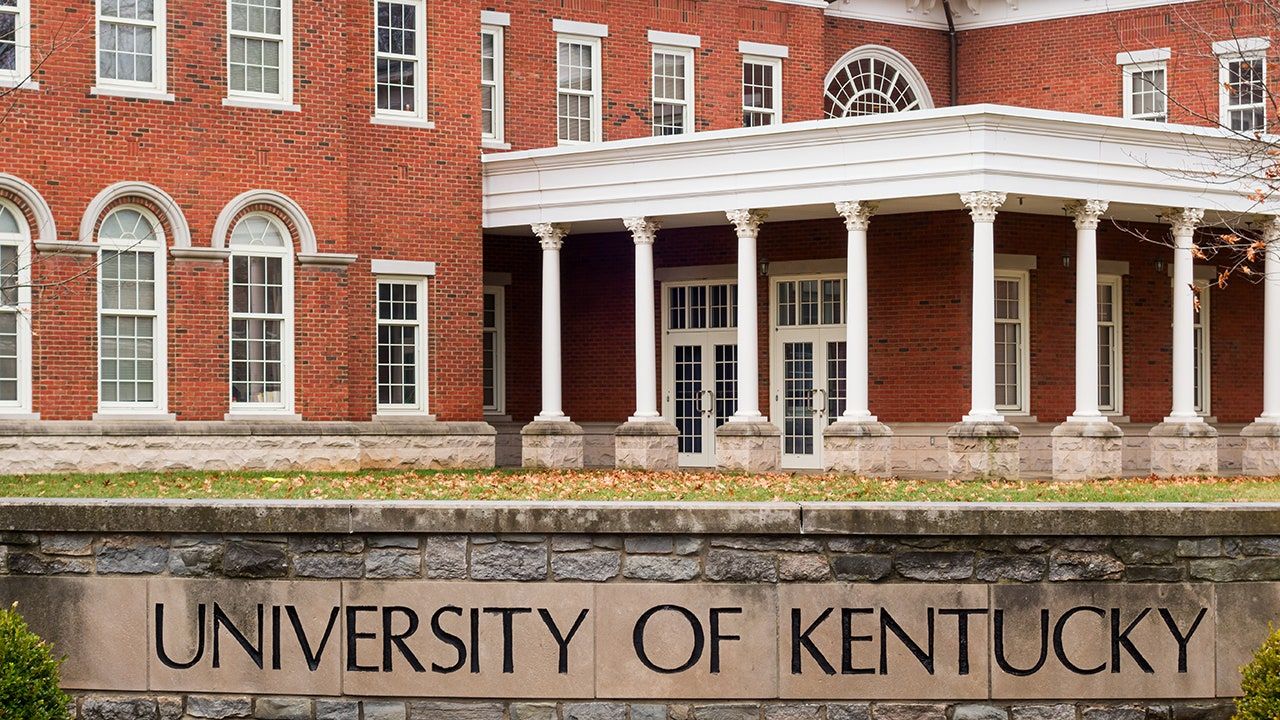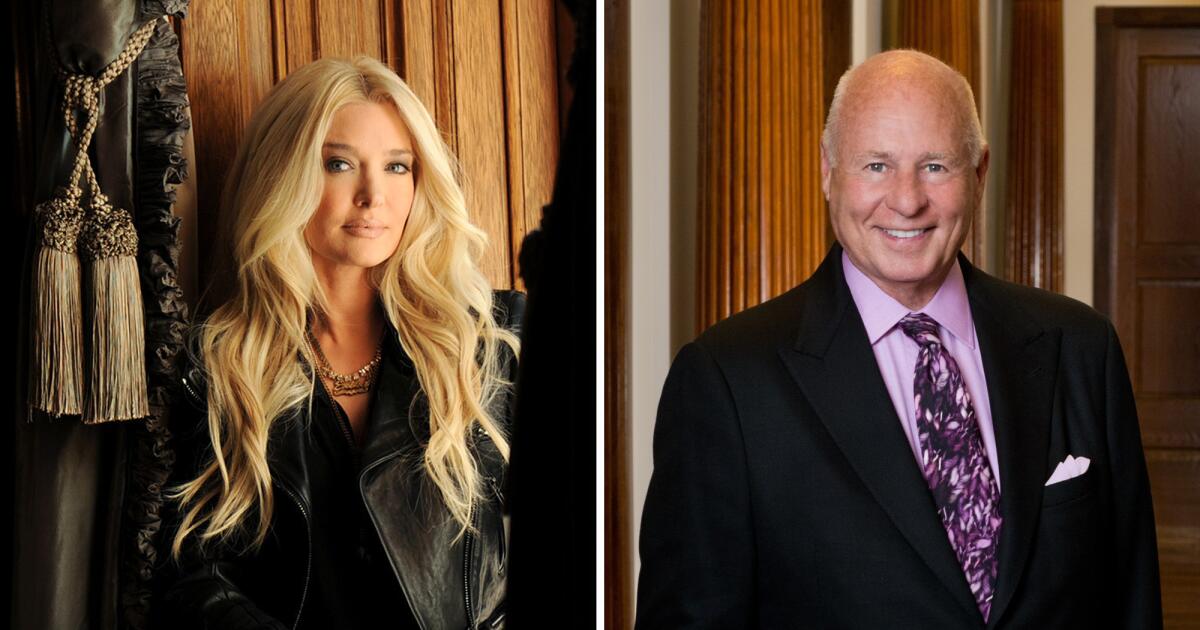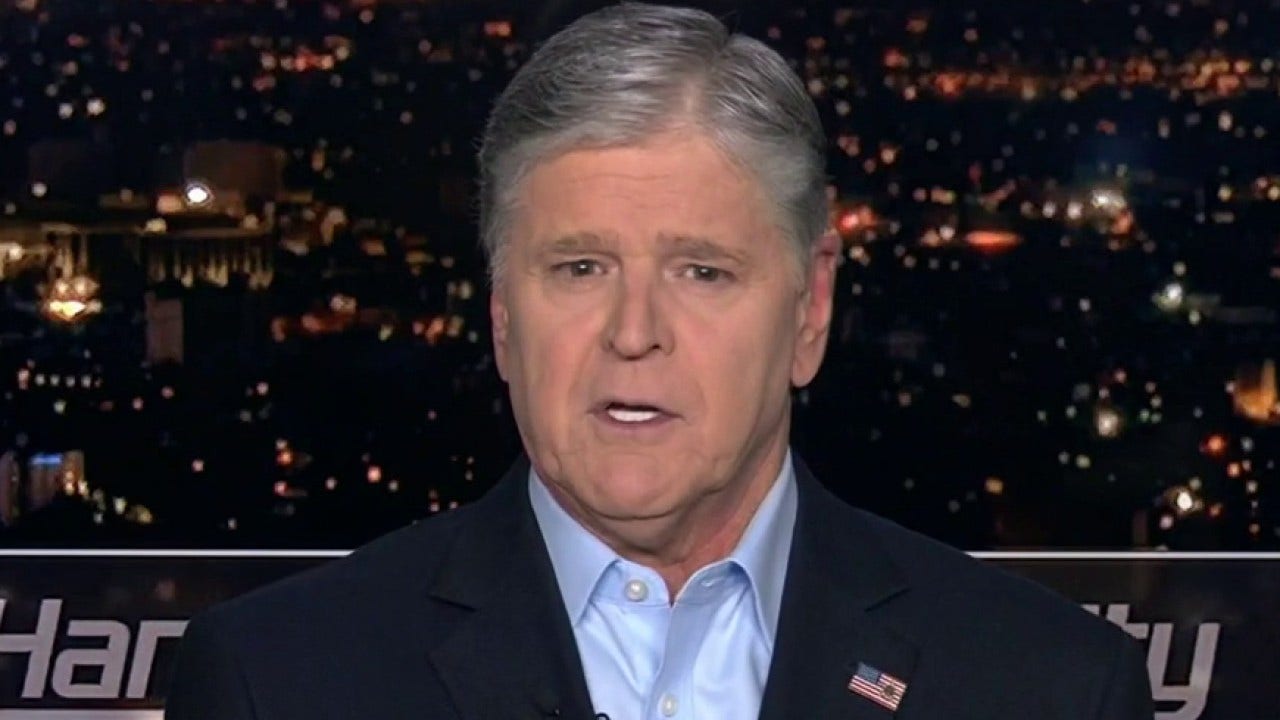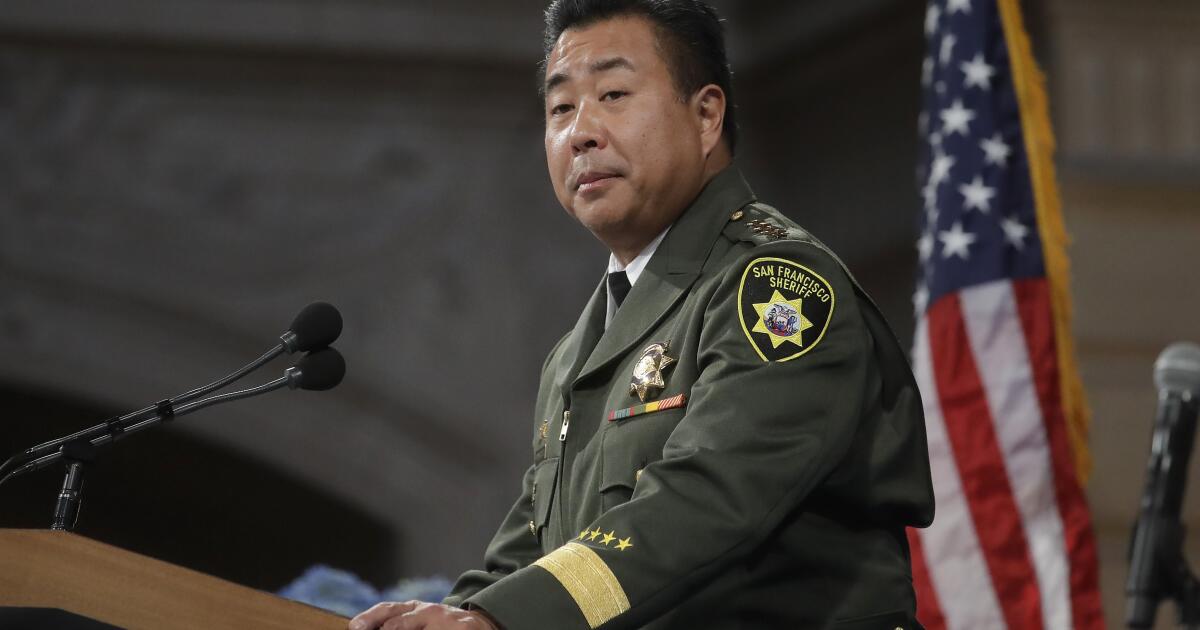A judge has dismissed a lawsuit brought by award-winning writer Wendell Berry and his wife to stop the University of Kentucky from removing a mural that has been the subject of protests for its depictions of blacks and Native Americans. But the ruling also protects the work of art.
The lawsuit was filed in 2020 after Eli Capiluto, the university president, announced that the mural would be torn down.
Painted in the 1930s by Ann Rice O'Hanlon, the fresco mural depicts Lexington's history in a series of scenes, including black men and women planting tobacco and a Native American man holding a tomahawk. There have been efforts to remove the mural since at least 2006.
Jewish Activists Attack Democratic 'Squad' Over 'Shocking' Defense of Farrakhan Mural: 'LACK OF FITNESS TO LEAD'
The order filed Monday says the Berrys have no legal standing to sue, but also notes the historical importance of the artwork and says removing it would be an “insult” to Kentucky residents.
“The O'Hanlon Mural does not glorify the abhorrent practice of slavery or the taking of Native American territory. Rather, it is a concise depiction of what Mrs. O'Hanlon was instructed to create: a history of Kentucky from 1792 to the 1920s,” the ruling states.
Photo of one of the buildings at the University of Kentucky, a public university in Lexington, Kentucky, United States. (iStock)
Since removing the mural would result in its destruction since it is painted directly on plaster, the ruling ordered the university to maintain the mural's status quo, pending any appeal in the case.
“We have stated that the university's intention is to maintain and move the mural. That remains our position. We are pleased that the judge dismissed the case,” spokesman Jay Blanton told the Lexington Herald-Leader.
Tanya Berry told the newspaper that she had not yet read the decision, but that keeping the mural in place was “what we wanted.” The lawsuit says she is O'Hanlon's maternal niece and his oldest living heir.
“We are delighted that the fresco remains in place, because to tear it down would be to destroy it,” he said.
CLICK HERE TO GET THE FOX NEWS APP
Wendell Berry is known for his poetry, novels, and essays on sustainable agriculture and other topics. Then-President Barack Obama awarded him a National Humanities Medal in 2011.












